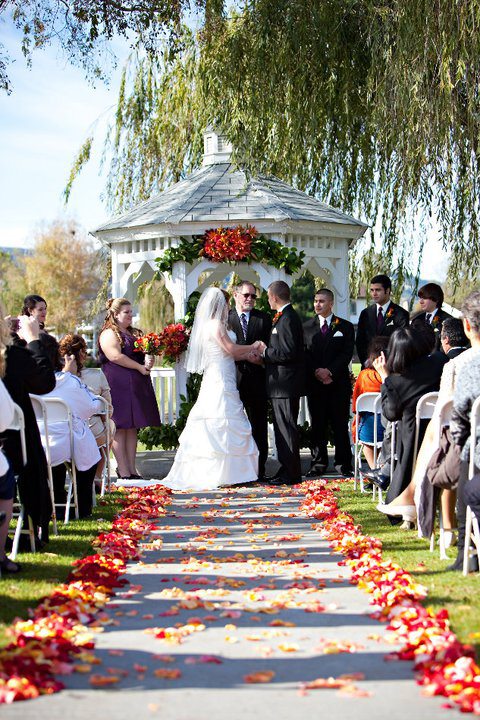What is a Good Budget for a Wedding?
Planning a wedding can be both an exciting and daunting task. One of the most critical aspects of wedding planning is determining your budget. With so many elements to consider, from the venue to the flowers, it’s easy to feel overwhelmed. This guide will help you understand what constitutes a good budget for a wedding and how to allocate your funds effectively.
Understanding Your Financial Situation
Before diving into specific numbers, it’s essential to assess your financial situation. This includes:
- Savings: How much have you saved specifically for your wedding?
- Contributions: Are family members or friends contributing financially?
- Income: What is your monthly income, and how much can you set aside each month leading up to the wedding?
Understanding these factors will give you a clearer picture of what you can realistically afford.
Average Wedding Costs
According to recent surveys, the average cost of a wedding in the United States hovers around $30,000. This figure can vary widely depending on location, guest count, and personal preferences. For example, weddings in metropolitan areas like New York City or San Francisco tend to be more expensive than those in rural settings.
Allocating Your Budget
Once you’ve determined your total budget, the next step is allocation. Here’s a general breakdown of how you might distribute your funds:
Venue and Catering (40-50%)
The venue and catering often consume the largest portion of your budget. This includes:
- Venue Rental: Costs can range from $2,000 to $10,000 depending on location and amenities.
- Catering: Expect to spend between $50-$150 per guest for food and beverages.
Photography and Videography (10-15%)
Capturing memories is crucial, so investing in quality photography and videography services is essential.
- Photography: Professional photographers typically charge between $2,500-$5,000.
- Videography: Expect costs ranging from $1,500-$3,500.
Attire (8-10%)
Your attire includes not just the wedding dress but also suits or tuxedos for the groom and possibly attire for bridesmaids and groomsmen.
- Wedding Dress: Prices range from $1,000-$4,000.
- Groom’s Attire: Typically costs between $200-$600.
Flowers and Decorations (8-10%)
Flowers add beauty and elegance to any wedding setting but can be costly.
- Floral Arrangements: Budget around $2,000-$5,000.
- Decorations: Additional decor elements may cost another $1,000-$3,000.
Music/Entertainment (5-8%)
Whether you opt for a live band or DJ will affect this portion of your budget.
- Live Band: Can cost between $3,000-$7,000.
- DJ Services: Generally range from $1,200-$2,500.
Wedding Planner (5-10%)
A professional wedding planner can help alleviate stress by managing various aspects of the event.
- Full-Service Planner: Costs range from $3,000-$6,500.
- Day-of Coordinator: Typically charges between $800-$1,500.
Invitations (2-3%)
Invitations set the tone for your wedding but don’t need to break the bank.
- Invitations & Stationery: Budget around $400-$1,200 depending on customization options.
Miscellaneous Costs (5%)
Always allocate some funds for unexpected expenses such as tips for vendors or last-minute purchases.
Tips for Saving Money
Even with a well-planned budget in place for various wedding services , there are always ways to save money without compromising on quality:
- Off-Peak Season Weddings: Consider getting married during off-season months when venues often offer discounts.
- Weekday Weddings: Venues may charge less for weekday events compared to weekends.
- DIY Elements: Personal touches like DIY centerpieces or homemade favors can reduce costs.
- Limit Guest List: A smaller guest list means lower costs across multiple categories including catering and invitations.
- Bundle Services: Some vendors offer discounts if you book multiple services through them—like photography and videography packages together.
Conclusion
Determining what constitutes a good budget for a wedding involves careful planning and consideration of various factors including personal finances and priorities among different types of wedding services . While averages provide helpful benchmarks , remember that every couple’s needs are unique . By thoughtfully allocating resources , seeking out savings opportunities ,and perhaps even enlisting professional help ,you’ll be well on your way toward creating an unforgettable day that doesn’t strain your finances.
Discover more wedding planning tips in our blog!



Follow Us!